- By Ketika Garg
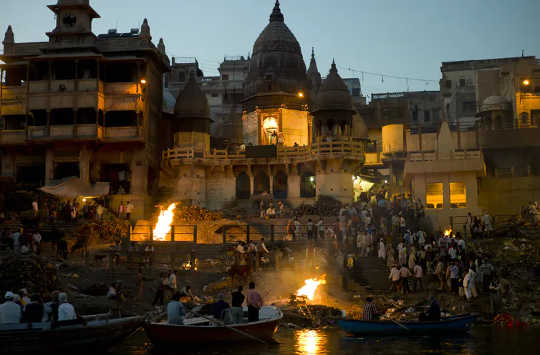
Rituals can hold the core beliefs of a culture and provide a sense of control in an otherwise helpless situation. I came to understand this when I lost my mother last year and participated in the primary Hindu rituals of death and grief.
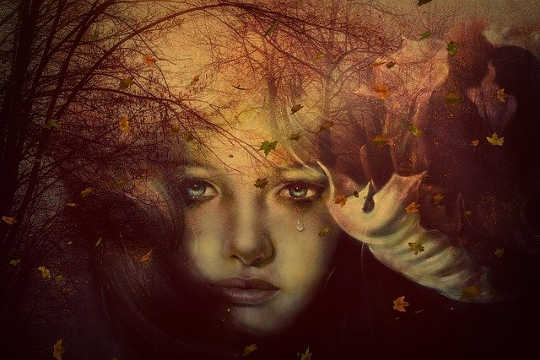
Intention is the ability to decide what it is we want to achieve and then setting out to achieve that goal. We use the power of intention in business, politics, and education. Can we use it in healing our pain?
- By Steve Taylor

How do you feel about the idea of dying? Is it something you think about often? Or does it make you feel anxious? These are questions many of us have pondered in recent times.

As the coronavirus pandemic hit New York in March, the death toll quickly went up with few chances for families and communities to perform traditional rites for their loved ones.

Grief is a natural reaction to loss and is something each of us will go through at some point in our lives, whether it is due to the loss of a loved one, a job, or even a belief. When something we love is taken away, grief is our natural, suffering-based response, which can affect not only our emotions, but also our physical and mental health.

Many doctors are continuing to provide end-of-life patients with needless treatments that only worsen the quality of their last days, new research shows.
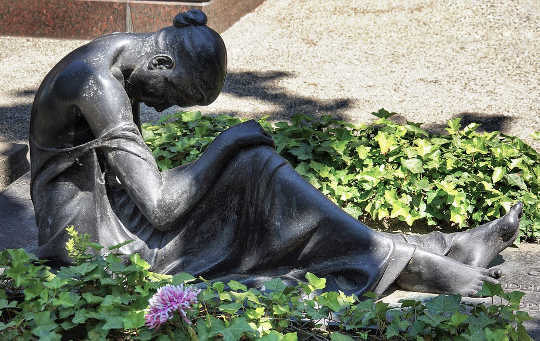
It’s hard to predict events in the final days and hours of a person’s life. Some deaths are wonderful – a gentle decline preceding a gracious demise.
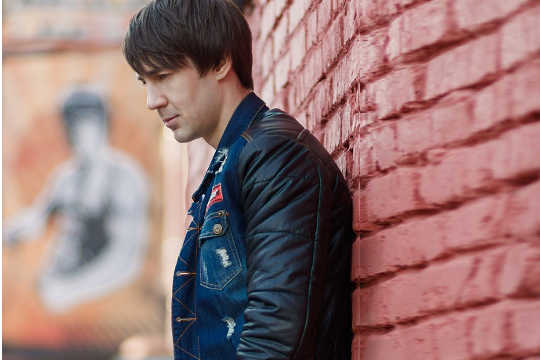
Soon after we found out Anthony had died I was showering and could hear him screaming at me... I’m OK, Ma! I’m OK! The shock hit me. A glass wall separated us and he was screaming for me to hear him.
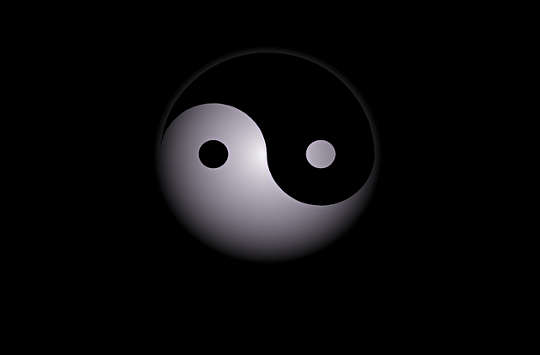
When someone comes to me with a particular dis-ease or ailment, that they want to eliminate, my first feeling is to cure them – to relieve them of all pain. That isn’t always the case however. Sometimes the healing that takes place, within a certain human being, is not exactly the way you perceive it to be. Let me explain what I mean by this...
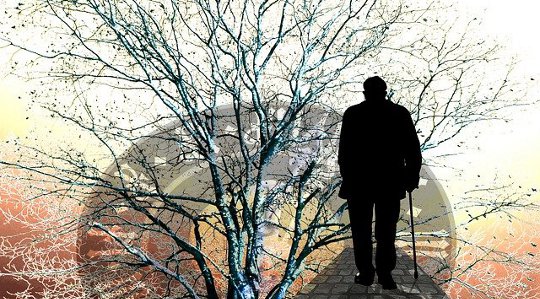
When faced with the death or serious illness of a loved one — whether a parent, son or daughter, spouse, or long-time friend — we are almost always shaken, often to the core. When the death is unexpected or sudden, our grief, anger, and confusion can be overwhelming...

She has been the precocious “little dead girl” admired by distinguished men; the white-clad, solitary spinster languishing alone in her bedroom; and, in more recent interpretations, the rebellious teenager bent on smashing structures of power with her torrential genius.
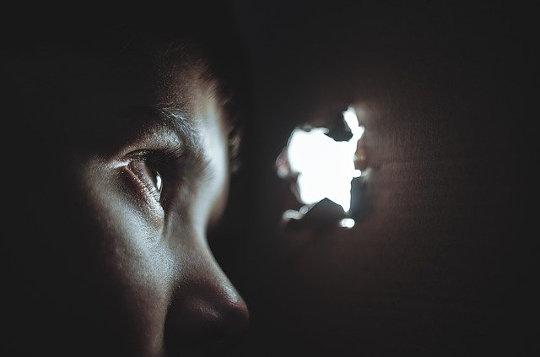
In the Western world, we are not very good at talking about death. It’s almost as if it has become a taboo subject. One of the ways we demonstrate our uncomfortableness on this subject is to use euphemisms for death.
- By Sarah Winch

People die every day. Most will know they are at the end of their lives. Hopefully they had time to contemplate and achieve the “good death” we all seek.
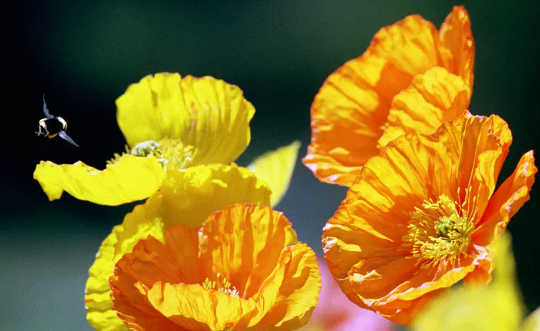
And common fact it is — about 160,000 Australians die in the course of each year —though every death is a particular death and no single death can be quite like another.
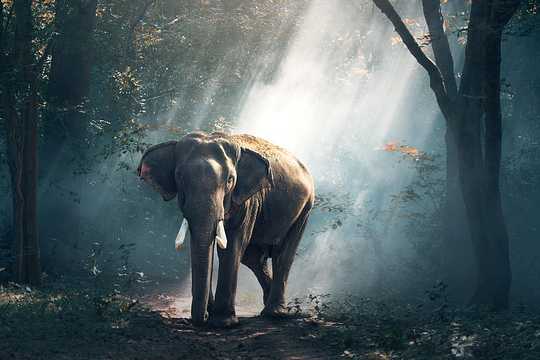
Humans often spend an inordinate amount of time and energy avoiding the fact that there is an elephant in the room. This phrase refers to an important topic which everyone is aware of but which isn’t discussed due to the topic being perceived as uncomfortable to talk about.
- By Alan Cohen
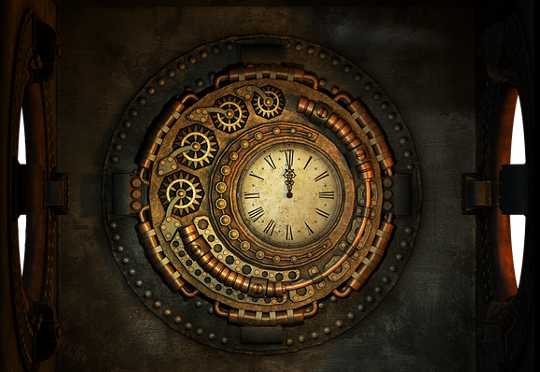
Consider a challenge you may now perceive - a financial struggle, relationship issue, or health problem. If you regard these matters as troubles or you feel smaller than them, that is what they will become. Yet with but a slight shift in perspective, they become opportunities to shine.
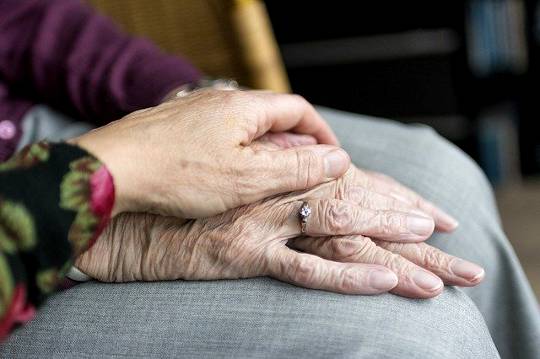
My mother, my great encourager and supporter, listened patiently as I read her the last chapter of this book, and she did what every daughter prays for at such a moment. She cried and then looked at me with an expression of such admiration and pride. As my mother gave me this gift, she asked a question that would give me one more...
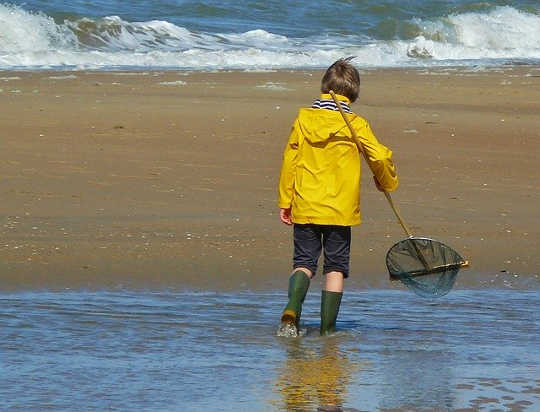
While speaking to a friend who has recently 'lost' a dear one to death, I was reminded that we sometimes don't feel comfortable around such situations. The thoughts come up: 'What do I say? How can I make her feel better? Is it better to speak or to be silent?'
- By Warren Ward
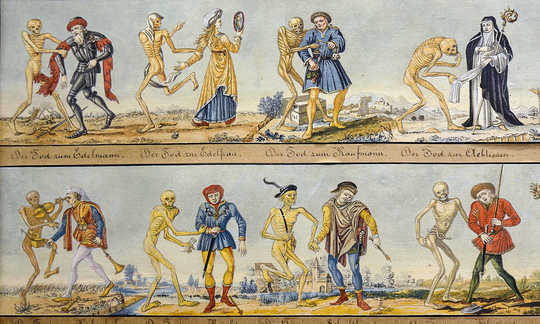
‘Despite all our medical advances,’ my friend Jason used to quip, ‘the mortality rate has remained constant – one per person.’
- By Lucy Selman
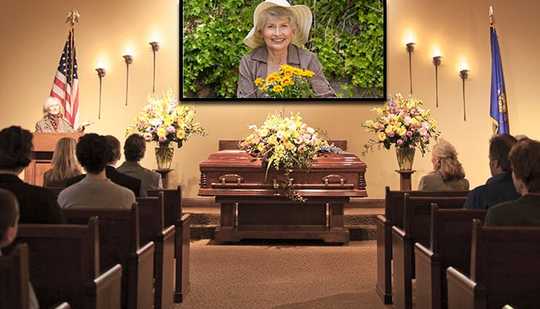
As I write this, the UK government has just announced that 13,729 people have died in hospitals from COVID-19. Care England estimates more than 1,400 people have now died in care homes.

Our society is death-phobic, a particularly harmful trait when it comes to helping children process the death of someone close to them.
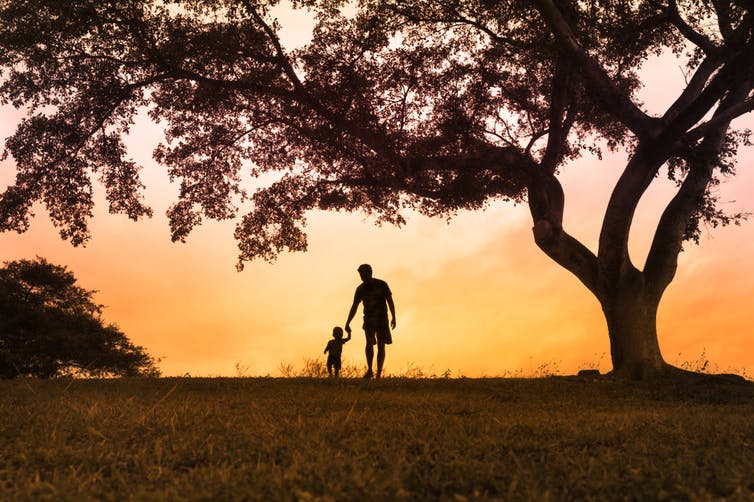
“How can someone stop thinking about his or her dead parents? Is this really possible?” Mirka, by email.
- By Ora Nadrich

As we’ve had to give up our normal lives for the foreseeable future, many of us are also feeling a type of grief similar to mourning the death of a loved one. The coronavirus has caused the death of a way of life we were used to.
















